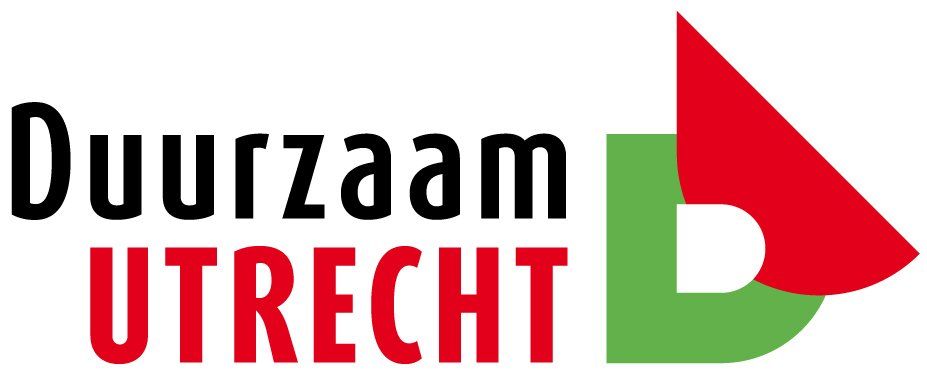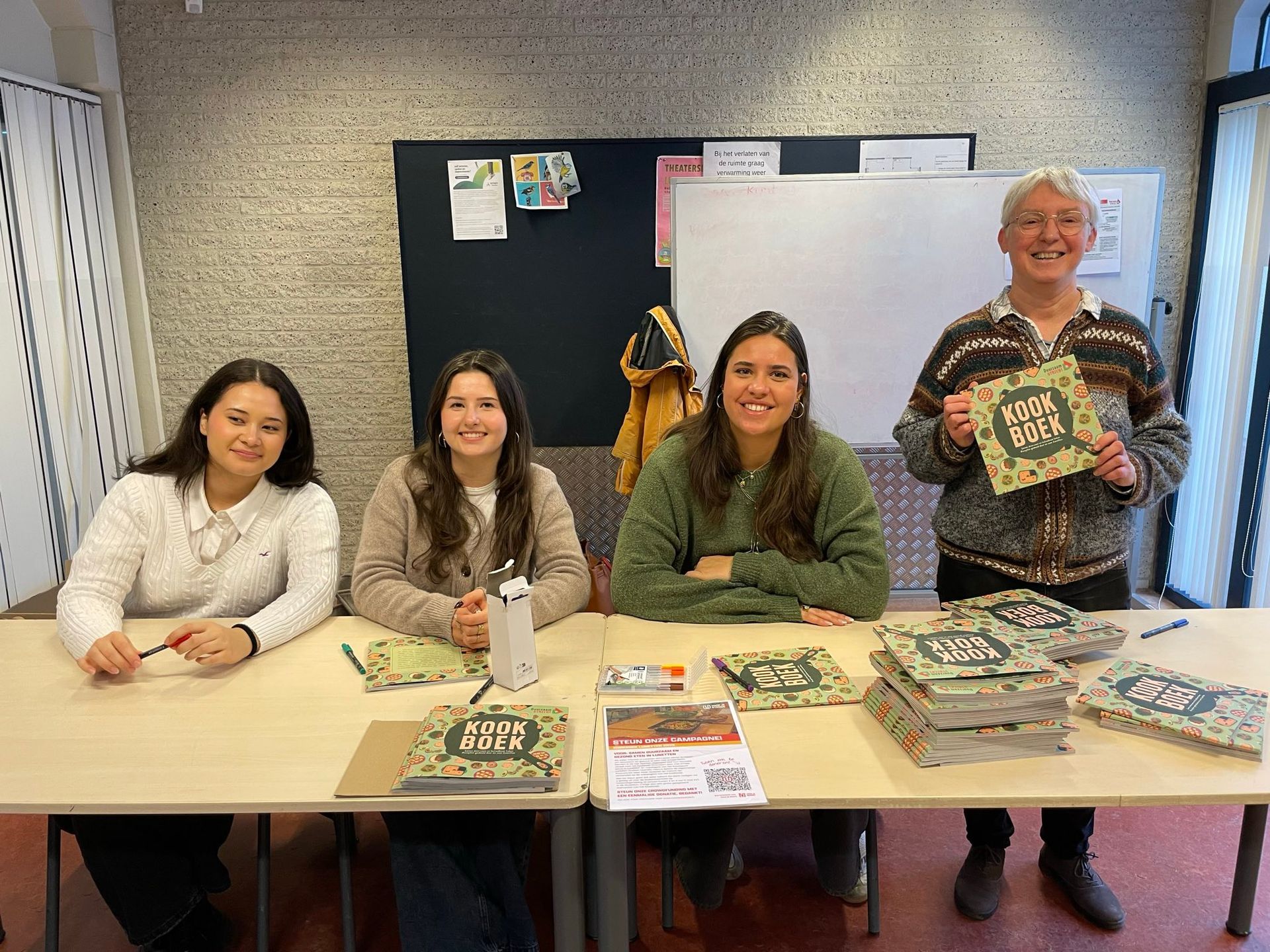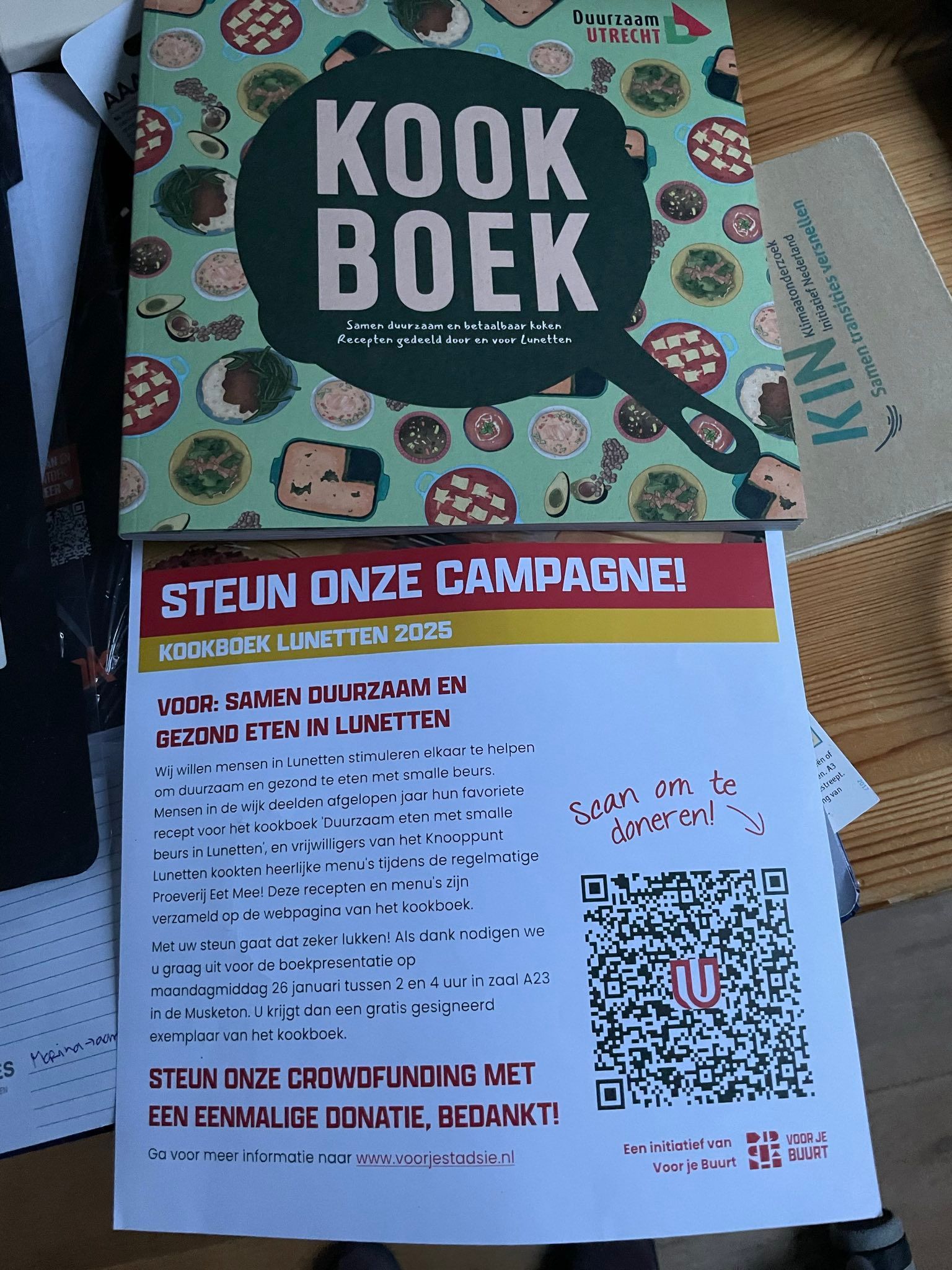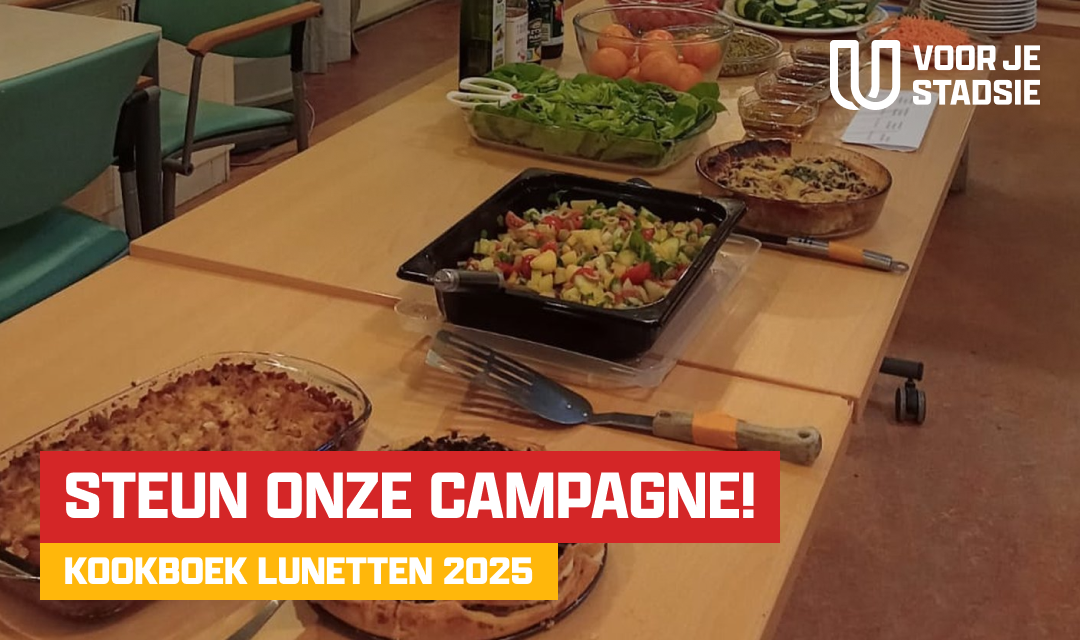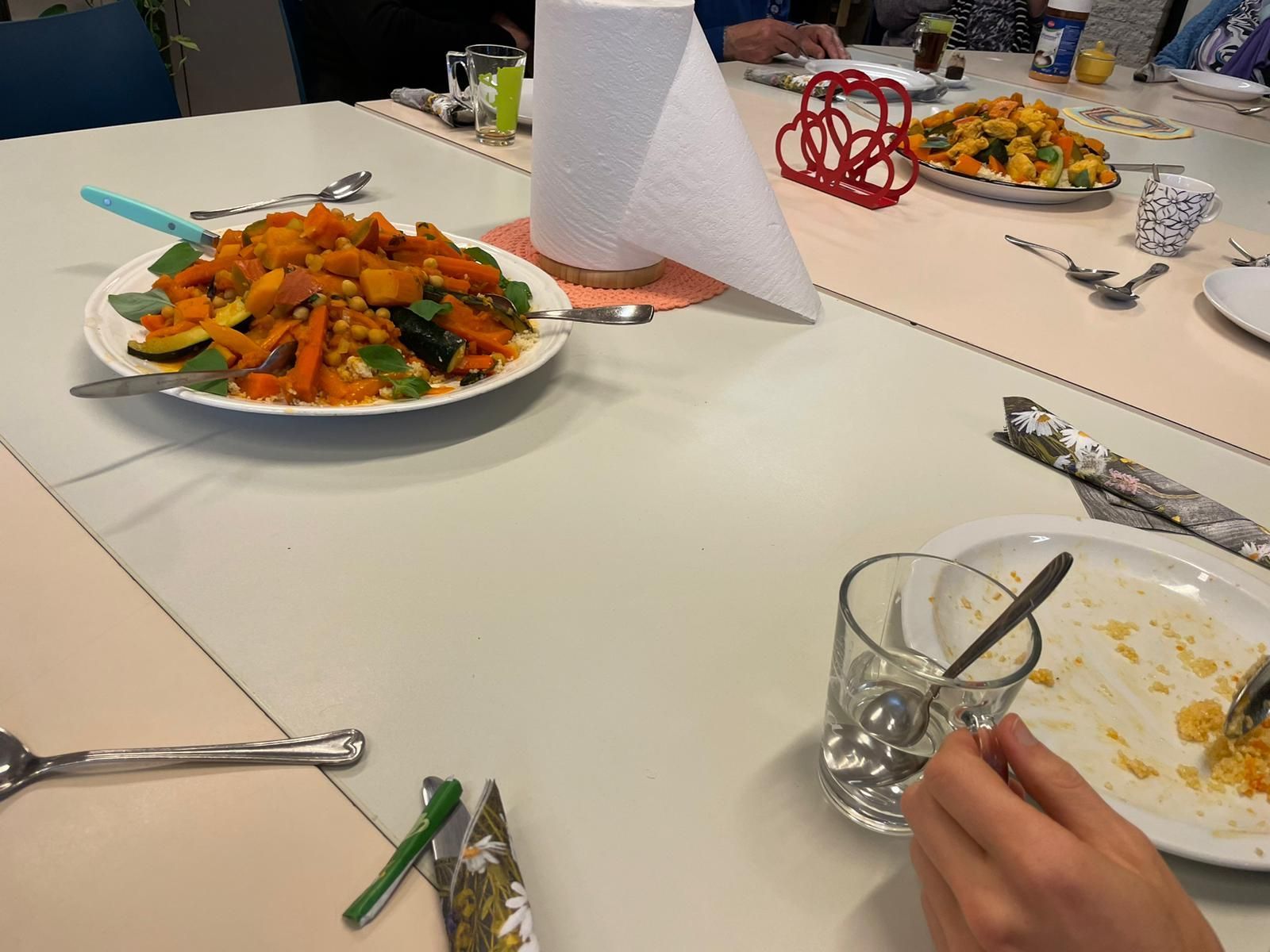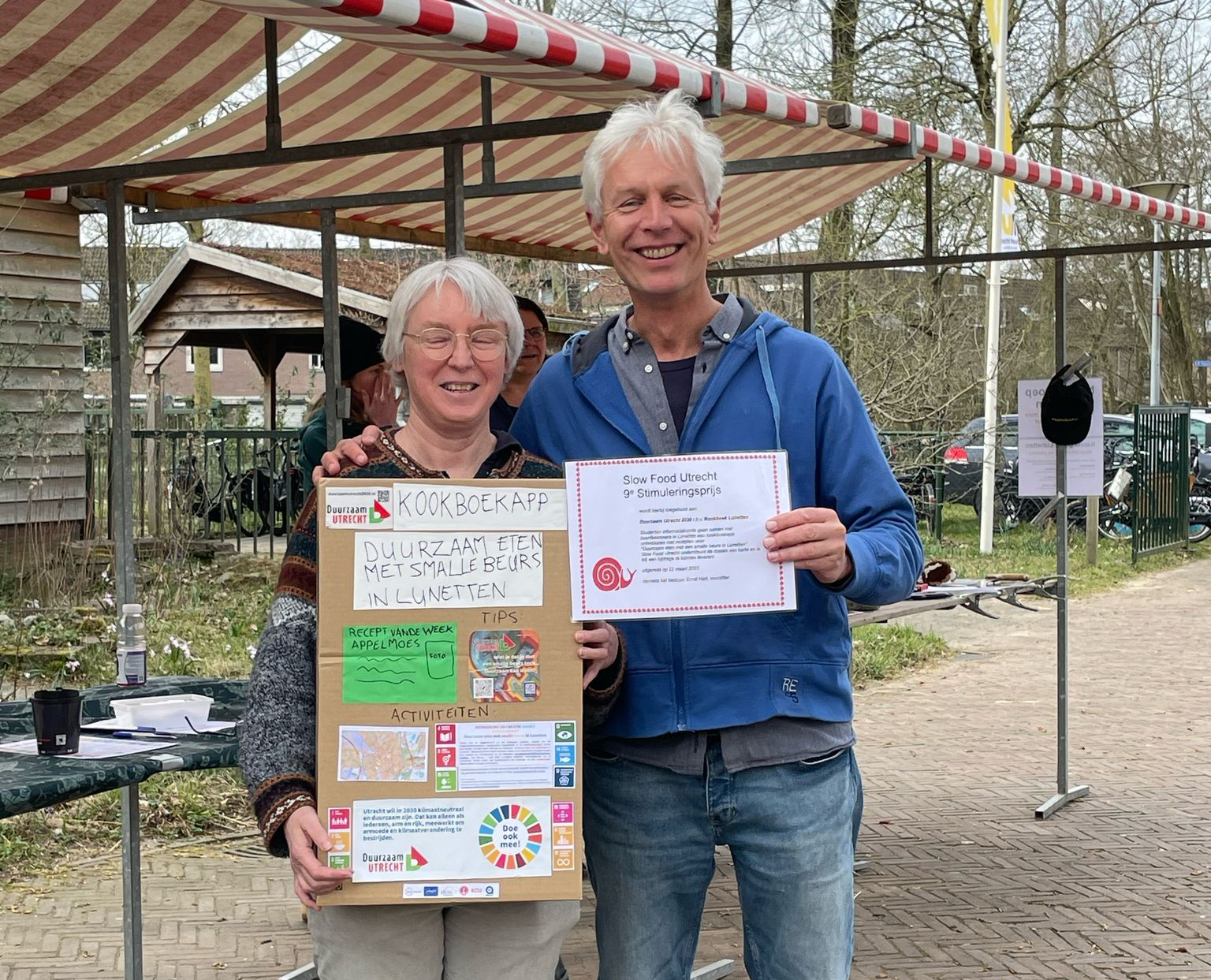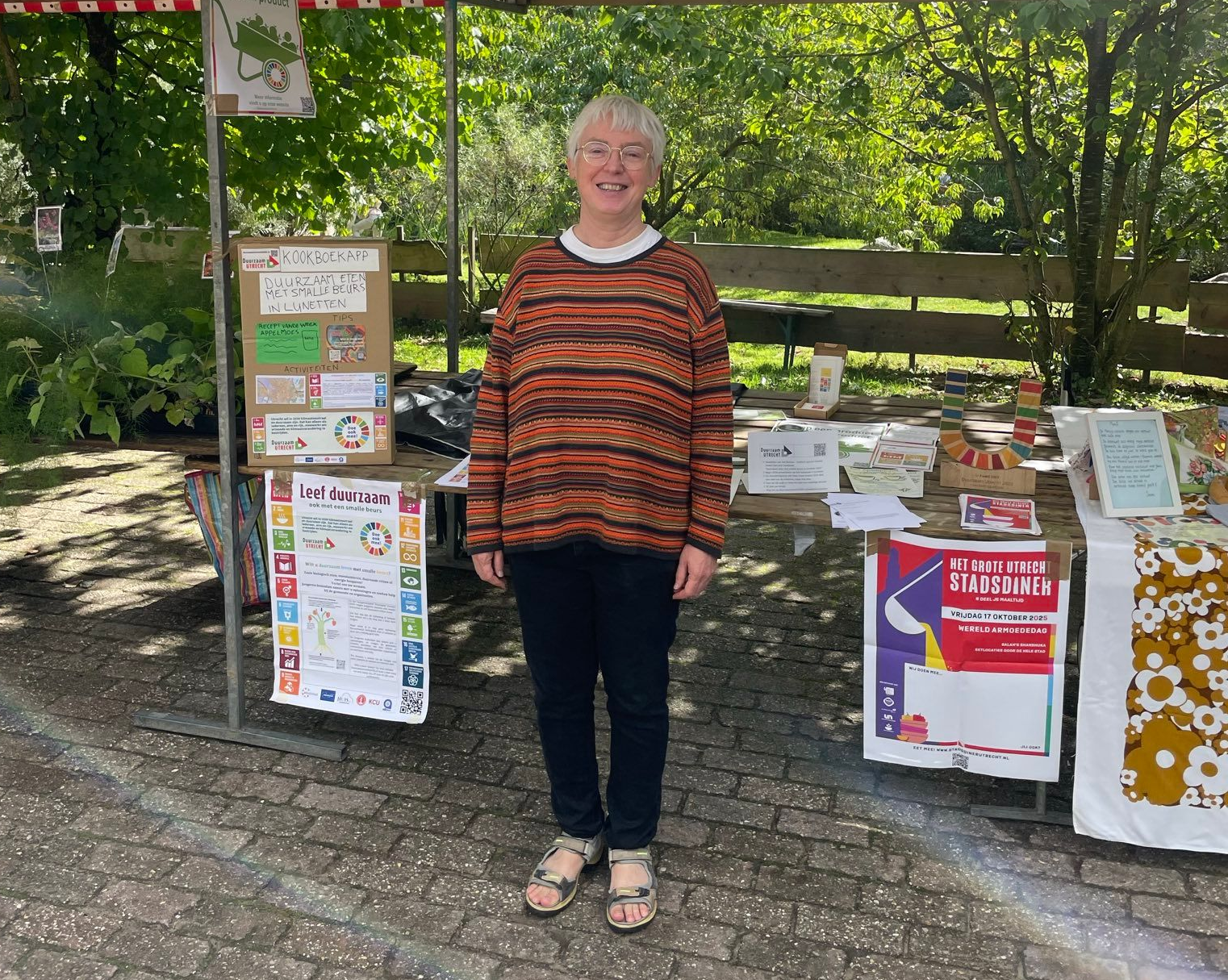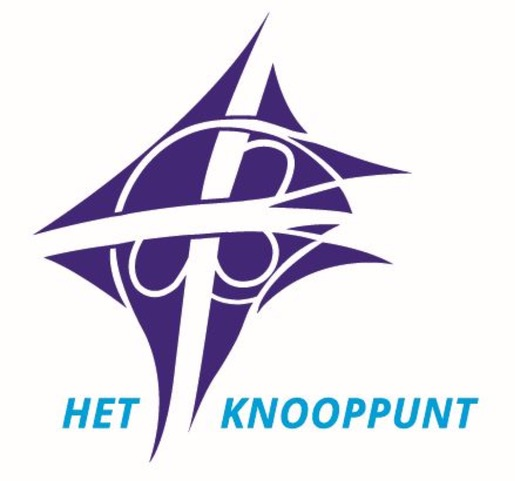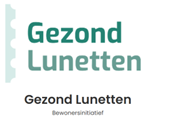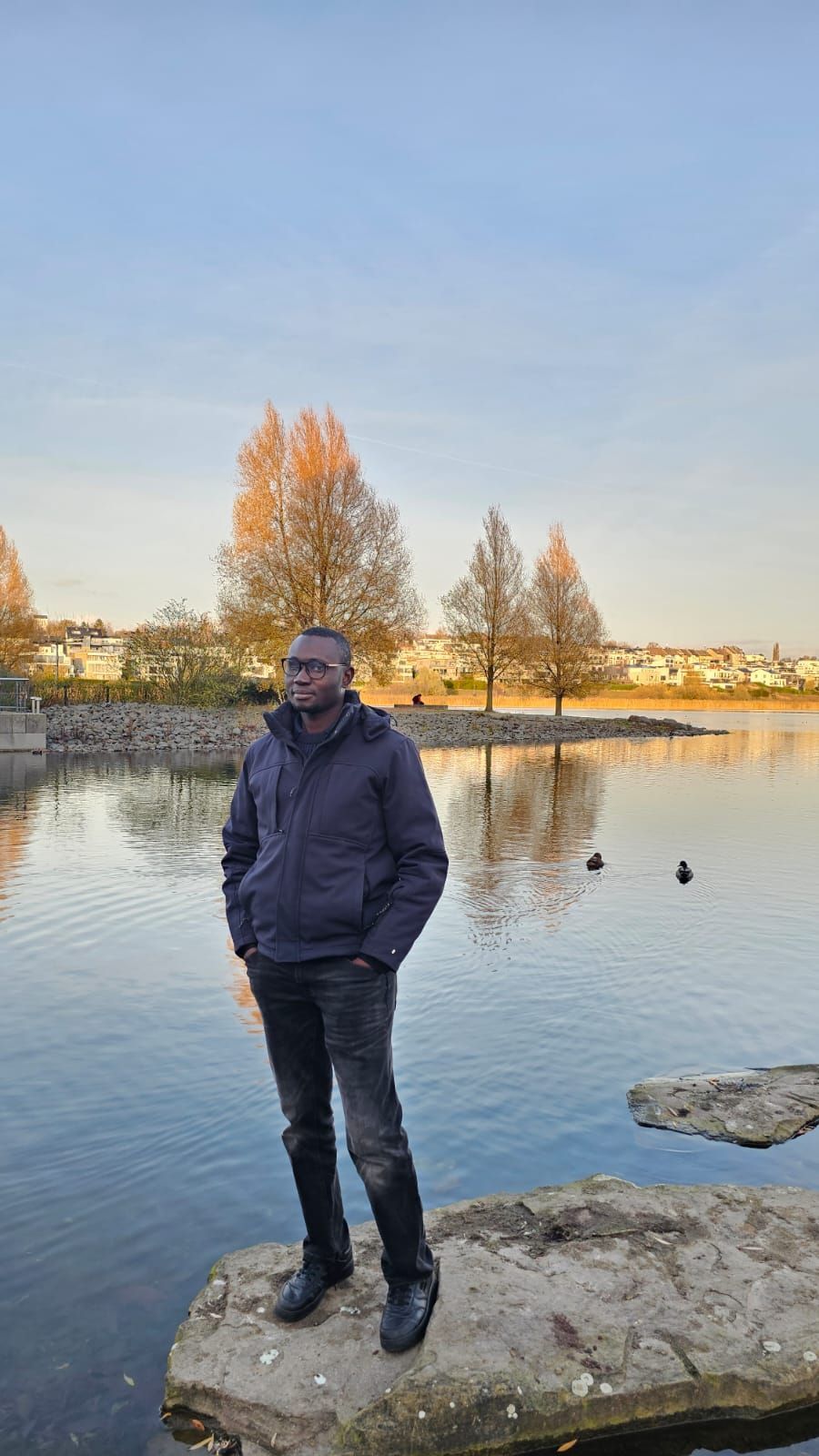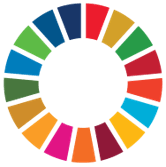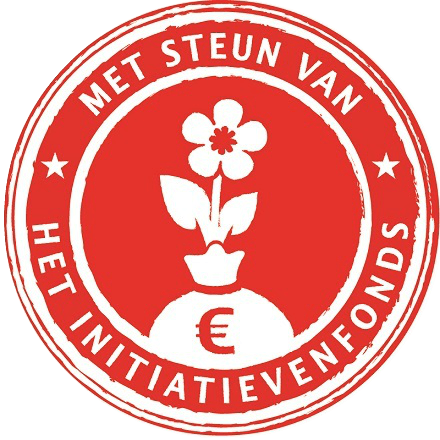Sustainable living and social vegetable gardening in Lombok
Report of brainstorm in De Voorkamer on 15 November 2023
On November 15, Giulia Malisani, Alice Bezett and I talked to nine other visitors of De Voorkamer about sustainable living and social vegetable gardening, in Dutch, English and Arabic. After a round of introductions, we discussed what the participants themselves are already doing to live sustainably. Someone argued that people with little money already live more sustainably. When he was a kid, there used to be three siblings, and when the clothes became too small for the eldest, the second and finally the youngest got them. His mother sewed her own clothes. With a lot of money, you can buy something new sooner.
In the Netherlands, some things are easier than in the countries where people came from. For example, you can take the bike more easily here than in Italy, and waste separation is a lot easier than in New Zealand. Here you can cycle to the waste separation station, where you can hand in more different things separately, such as wood, paper, metal, or vegetables, fruit and garden waste. This reduces the amount of incineration or landfill. In Iraq, waste separation has been common since 1980, including for glass, metal, wood and other materials.
An engineer develops buildings for organizations in his home country. He is studying sustainable design in Utrecht. Years ago, he worked on automated vertical gardens. Growing vegetables was very expensive in his city. This allowed you to save space. Many apartments had roof gardens, where trees and plants can also grow. The terraces in front of the buildings were also planted. In large cities, air pollution from traffic is a major problem. He created a small garden for the house. The resident should open the window for fresh air and can use the shower water to water the plants.
Another has 30 years of experience growing all kinds of fruit and vegetable trees as a farmer.
Someone else's grandfather used to have an allotment garden in the Netherlands. Back then it was free, now you have to wait a long time before it's your turn.
When asked, participants mentioned examples of sustainability in everyday life: travelling by train, making your home more energy efficient. You can do a lot and it costs a lot of money and time, but you don't see how it affects the world and the climate. Many students feel the same way. Do an individual's actions make sense or not?
Governments and large companies need to do more, but you can do something yourself. It's not an excuse to also start polluting when others are doing it.
Poor people don't have time to worry about sustainability. First, help them get a better life so they can feed their children and live in a good home. Make poor people richer, and then work together on sustainability.
Giulia: Sustainable Utrecht 2030 can help to bridge the gap. We don't have a lot of money, but we can help. What would you like to do differently to live more sustainably, and what are the challenges? It can be small or big things.
Everything that used to be sustainable and natural is now gone because of technology. No one has time to work in nature. Everyone sits behind the laptop or on the I-phone all day. People live in small spaces. On a farm, you have to have a lot of trees and plants in a small area. In the city, you might be able to put together some kind of farm, if everyone is growing something, and a person is going everywhere to take care of the plants, just like a honeybee.
Someone lives on the 12th floor in a flat, and the whole balcony is full of plants. What else can he do as a farmer?
Maybe we can remove tiles in the neighbourhood and plant something there? According to the municipality, you are not allowed to grow fruit and vegetables in a vegetable garden in Lombok because the soil is contaminated.
Someone is already a sustainable farmer. How does he get his neighbours to help with the gardening? He wants to know more about nature and the planet, and about what the government can and cannot do. Where are gardens already? The Netherlands is an agricultural country, but there are no gardens, at least not in the city. He works as a volunteer in three vegetable gardens and teaches others how to garden.
Giulia: Are there more small things you would like to do to live sustainably? Taking care of nature and plants, using less plastic, using public transport more often, cycling, eating organic food. Another uses clean energy. Someone is using a lot of plastic packaging. At the AH everything is still wrapped in plastic. He has children and a job, so he doesn't have much time. For example, you can use less water, but someone else disagreed. Do not throw plastic and cans on the ground, and separate waste. In the supermarket they sell herbs in plastic, it would be nice if you could grow them yourself.
Someone proposes a project to make crates for growing plants during a workshop with visitors to the Voorkamer that you can place anywhere. It is a modular system of small wooden crates, lined with garbage bags, in which you put a separate self-sewn bag of soil, which you can pick up with sticks. This allows you to put together a small garden on the balcony or in the house. You can also easily swap plants with the neighbours. This person proposed that an artist from De Voorkamer can paint each crate so that they are all unique, that the crates can be sold for a cost of 10 euros or less to the residents of the flats on the Kanaalstraat or in the neighbourhood. Also that the owner of the sewing shop down the street might be able to figure out a way to stitch it together faster so that it becomes less labour-intensive.
Herbs or trees don't fit, but flowers do. How do you keep the plants alive on the balcony, where they are exposed to sun and wind? Plastic containers are suitable for this.
A concrete request is to ask the municipality for a piece of public green space to start a neighbourhood vegetable garden in or around Lombok with interested volunteers from the Voorkamer and the neighbourhood. There is a suitable location along the Kanaalweg. Previously, there was an art project in which vegetables were grown in a pick-your-own garden in containers on Westplein: Lucrative dumpster dives Perron West. Ineke contacts the municipality of Utrecht.
This is not the same as the project in which people with and without a garden are linked, in which one or more gardeners maintain a vegetable garden in someone's home. This is what Alice Bezett is working on in collaboration with Sustainable Utrecht 2030.


